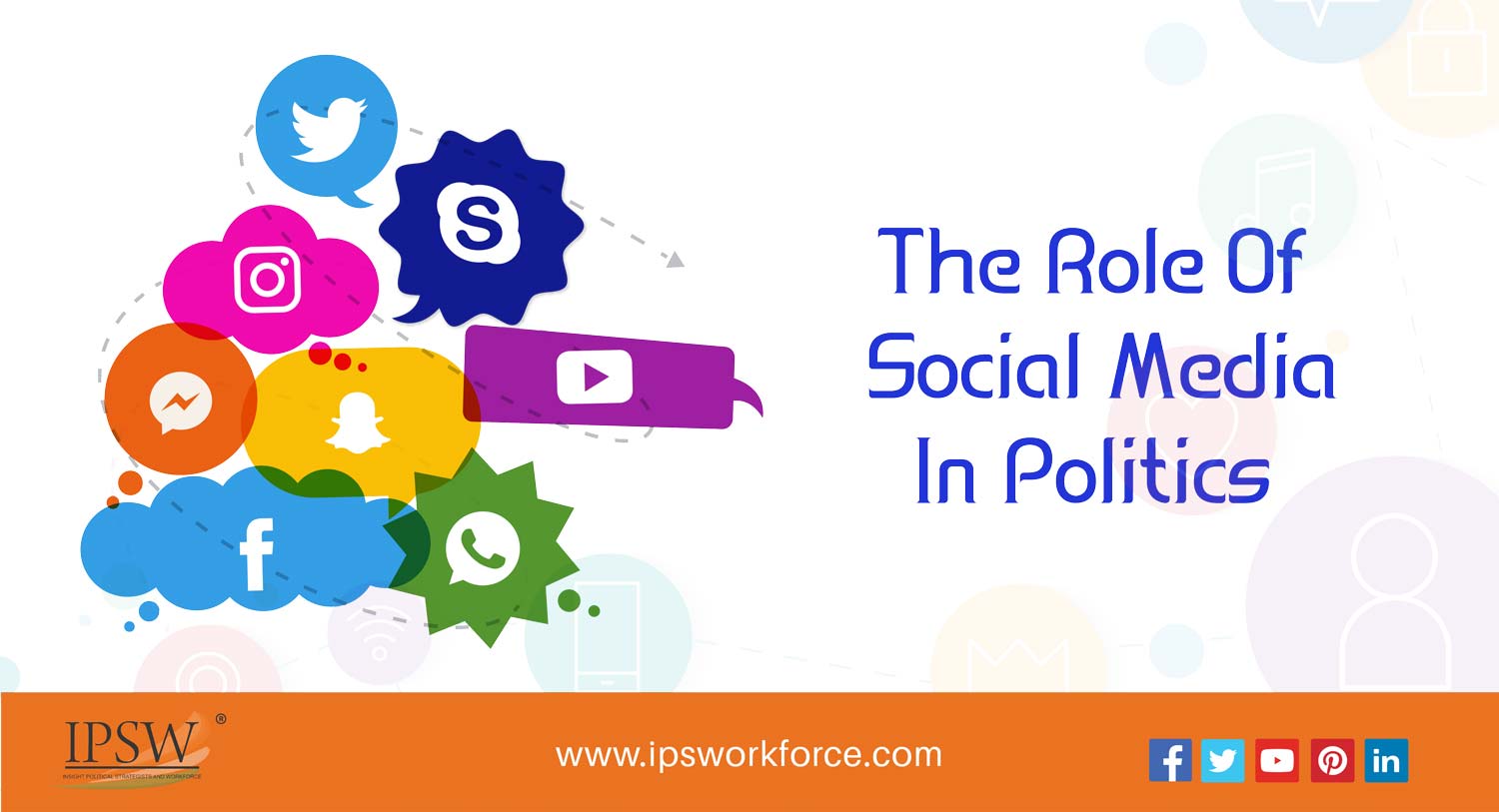Role of social networks in politics.
May 17, 2023
This paper explores the role of social networks in politics, a topic that has become increasingly important over the last decade. Social networks provide an efficient and effective platform to spread political messages, engage with constituents, collaborate on policy development, and organize political campaigns.
The growth of modern-day social networks like Facebook, Twitter, and Instagram has allowed politicians to reach beyond traditional media outlets and directly interact with citizens. Politicians can use these platforms to share their opinions on current events or issues that affect local areas or national policies. For example, during the 2016 presidential election cycle in the United States, then-candidate Donald Trump used his personal Twitter account to share his views on topics ranging from immigration to health care reform. This direct interaction allows for two-way dialogue between the politician and citizens, empowering voters to share their opinions and feelings on a given issue.

Social media also allows for easy collaboration between politicians and constituents. Political campaigns use social networks to organize grassroots efforts like door-to-door canvassing or phone banking. This can significantly increase engagement with voters and further amplify political messages through shared content.
In addition, social networks have enabled politicians to engage in policy development with citizens. For example, some governments have implemented online forums that allow citizens to provide direct input into the development of public policies or laws. This type of platform encourages citizen participation in government processes and provides an efficient way for politicians to evaluate public opinion on various issues.
Finally, social networks are integral components of most modern political campaigns. Politicians use platforms like Facebook and Twitter to share their messages, fundraise, and mobilize voters. This is especially important during elections when campaigns must reach out to as many citizens as possible.
In conclusion, the role of social networks in politics has become increasingly important over the last decade. These networks provide an efficient and effective platform for politicians to spread their message, engage with constituents, collaborate on policy development, and organize political campaigns. By leveraging these tools effectively, politicians can amplify their voice on important issues and ensure that they remain connected with citizens throughout their tenure in office. ㅤㅤㅤㅤㅤㅤㅤㅤㅤㅤ
